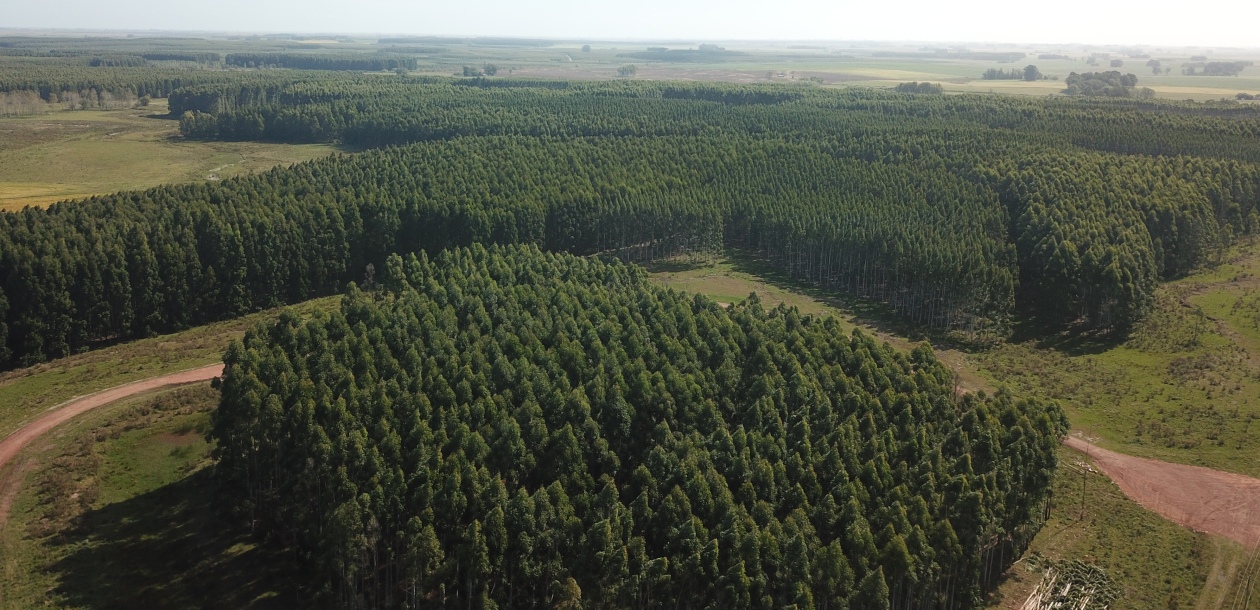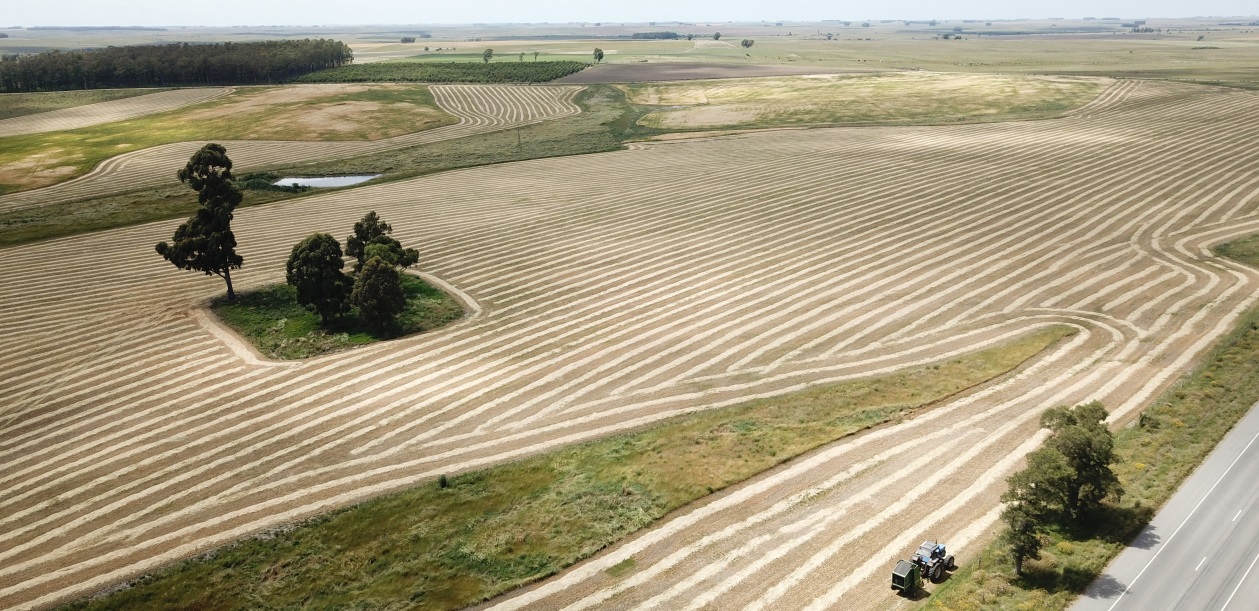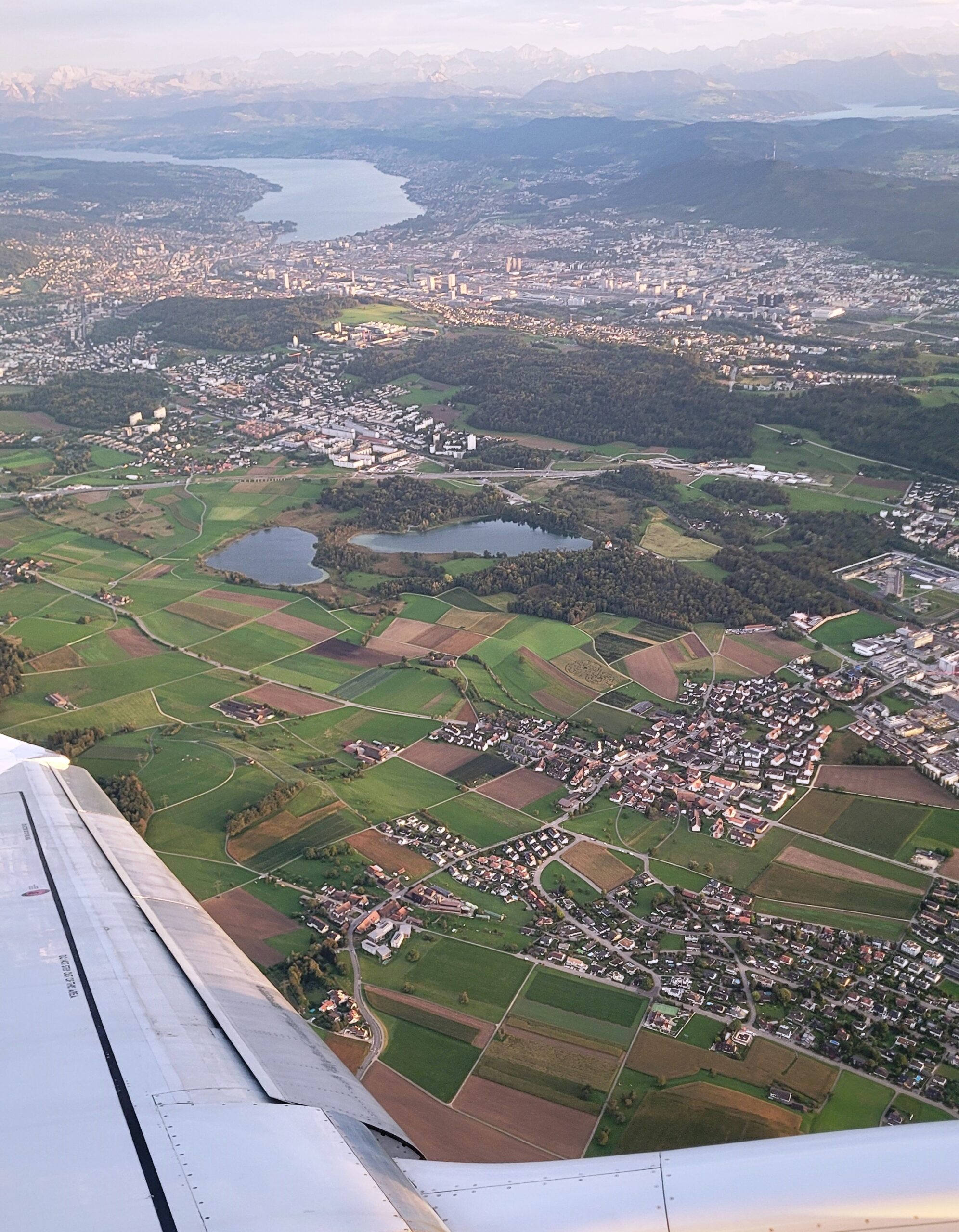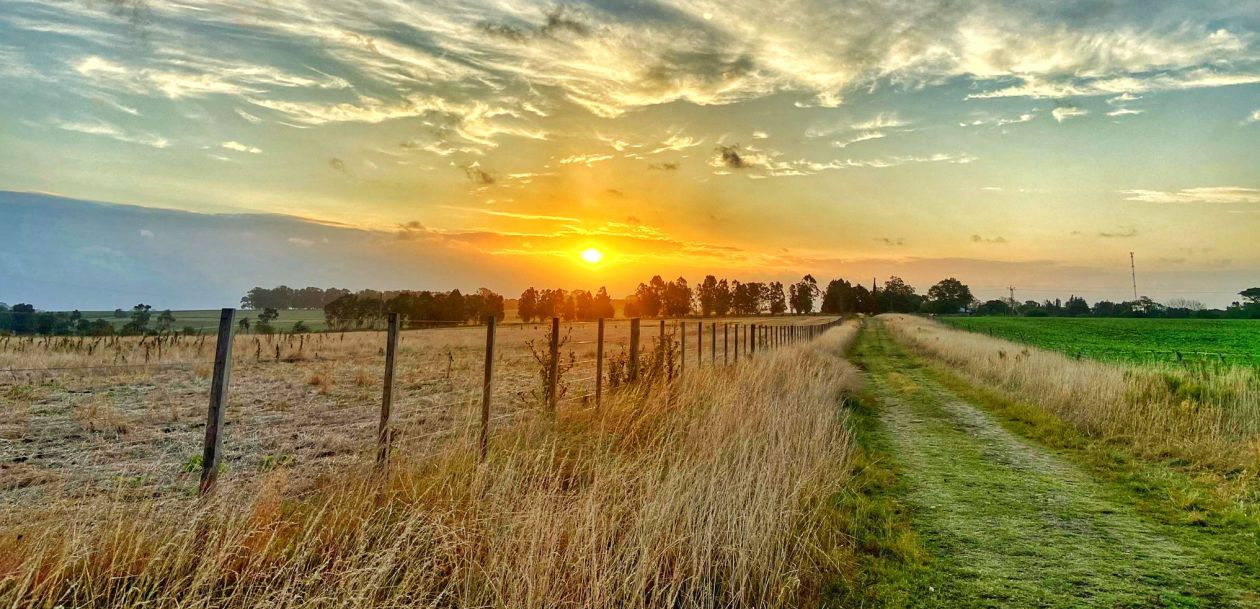Investing in farmland is an attractive option. Who are the people investing in farmland Uruguay? In my work, I primarily meet high net worth individuals and agro-asset managers. Intelligent and successful people who often work in international food and beverage industry, the financial sector or landowners in the agricultural sector from abroad. Almost all investors feel to some extent affinity with agriculture either because they currently work in that field or because they grew up on a farm.
These high net worth individuals are looking for productive farmland as investment in tangible asset with wealth preservation as main objective. The other important group of investors are agro-asset managers or family offices looking for productive farmland as investment with annual returns as priority.
The investors are usually from countries such as USA, Canada, Germany, Switzerland, The Netherlands, Belgium and Austria. Mostly men between 40 and 70 years old. Their interests are finance, agro, travel, food, real estate. The main concerns that lead them to consider investment in agricultural land are inflation, the monetary situation of USD and EURO, socio-cultural tensions, tax policies, political stability and recently the war in Ukraine.
They have already invested in real estate in their home country or a neighboring country, they have stocks and bonds, but they now want to diversify and purchase tangible asset in a different region outside influence of US and Europe. Uruguay is a country far afield of current political and social issues that trouble many citizens in the northern hemisphere.
The solution they seek is to invest in tangible asset in Uruguay to produce food for the entire world. Uruguay is outside the area of political and social pressures, it is a safe haven for their money and family. They would consider fiscal residency in Uruguay after retirement for themselves or their family if things turn ugly in Europe or US.
Traditionally most interest for forestry investments is from Germany, Austria, Switzerland and USA. These investors seek stability and predictable return rates.
Whereas cattle is mostly of interest to people from the USA and specifically states such as Texas, Oklahoma, Missouri and Nebraska. Sheep breeding for wool or meat is more popular with people from South Africa and Australia. Livestock does not provide the highest returns, but it is a lifestyle with good cash flow, nature conservation and large areas of rural land for wealth preservation.
Grains present a more global interest with people from the USA and Europe. Obviously, investments in crop fields have the highest returns, but prices tend to fluctuate. Attractive yields and annual returns, but perhaps lower potential for land appreciation. The same can be said for permanent crops like: olives, citrus, blueberry, vineyards, pecan nuts
Each investor initially makes a comparison between different countries. In my experience, the international investor often makes a comparison between North America, Australia/New Zealand, Romania/Ukraine and South America. One looks of course at prices per hectare, the potential yields and as well to the legal safety that an investment in farmland requires.
In general, investing in farmland in South America is attractive because of the relatively low prices per hectare, the climate that allows for double harvesting and large parcels still widely available and mostly already in production and thus providing direct returns. In addition, the big advantage is that this can be achieved without public support or in other words Farm Bills or EU subsidies.
Another big advantage is that agriculture in Uruguay is generally being carried out with low input and yields that can still increase a lot. That increase may be achieved by more frequent and ´smart´ use of fertilizers and modern technology. Increasing yield will obviously also lead to increasing value of the land. Land appreciation is obviously for any investor the main goal, annual return from farming is often secondary. An important advantage is the availability of natural water resources. It is a fact that sustainability goals can more easily be achieved in Uruguay.
The comparison between South American countries nowadays often leads to a comparison between Uruguay and Paraguay. In Brazil investments in agricultural land by foreigners are seriously restricted and Argentina is not attractive for reasons we don´t need to go in to. Chile was for a long time seen as a stable country with prosperous economy, but that perception has changed with the social unrest in recent years and the upcoming reforms of the constitution. Wealthy Chilean families are actually investing in Uruguay nowadays. Uruguayan political stability and legal certainty are principal motives for investors that convince them to invest in farmland in Uruguay.
My experience is that international investors are always positively surprised after a visit to Uruguay and feel that the country is much less eccentric than previously thought. This often helps in making major financial decisions. Besides having affinity with agriculture investors need to feel comfortable with Uruguay either through previous personal experience or as a result of a well-organized field trip to Uruguay.






